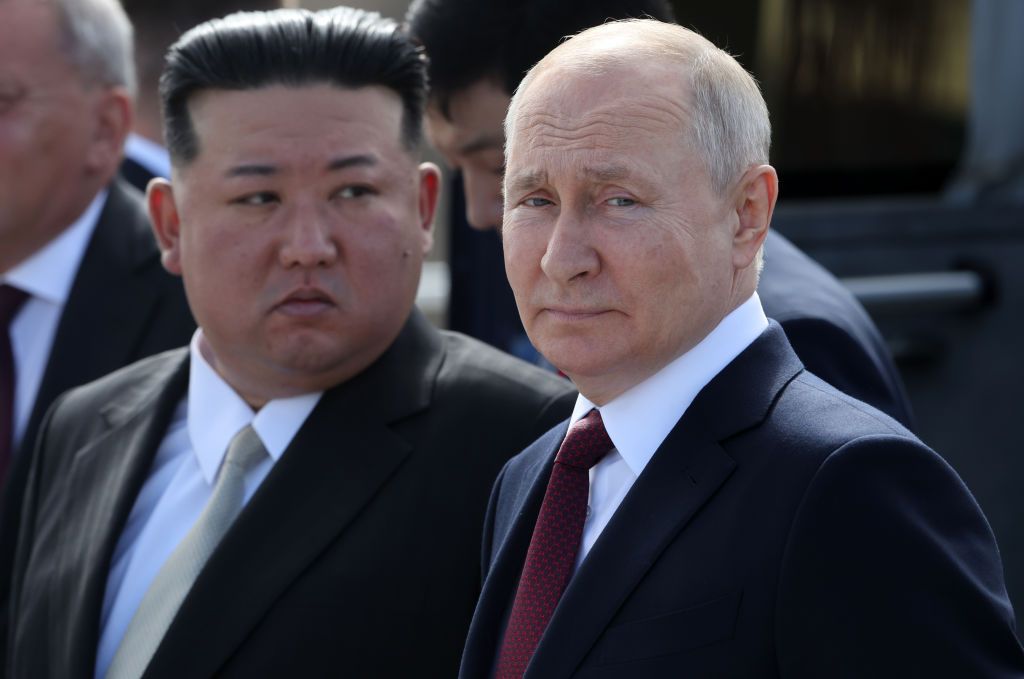US, South Korea, Japan pledge to increase cooperation, pressure on North Korea

The national security advisors of Japan, the U.S., and South Korea met in Seoul on Dec. 9 and pledged to mutually combat North Korea's cyber threats, as well as weapons and spy satellite testing, which have been bolstered by the country's increasing cooperation with Russia.
The U.S. confirmed increased weapons and ammunition transfers from North Korea to Russia following a meeting between Russian leader Vladimir Putin and North Korean leader Kim Jong Un in September. Washington said it's "deeply concerned" that North Korea may receive nuclear- or ballistic missile-related technology in exchange.
U.S. National Security Advisor Jake Sullivan said that South Korea, Japan, and the U.S. planned to increase their trilateral cooperation to create a united front against the spectrum of North Korean hostile actions towards its neighbors in the region and the larger world. In particular, the officials said that North Korea was using cyber activities to fund its nuclear program.
All three national security advisors agreed that North Korea was supplying weapons and ammunition to Russia.
Previously, U.S. Defense Secretary Lloyd Austin said on Nov. 14 that he feared Russia's military cooperation with North Korea had increasingly become a two-way street in which North Korea provides Russia with military hardware, such as artillery shells, in exchange for military technology to improve North Korea's long-range capabilities.
South Korean intelligence reports claim that North Korea has delivered more than a million shells to Russia. This has prompted some of Ukraine's allies, such as Czech President Petr Pavel, to argue that the cooperation with North Korea is helping Russia gain a battlefield advantage over Ukraine.
The Ukrainian military news site Defense Express wrote on Dec. 9 that Russian troops have been complaining about the condition of North Korean shells, saying that some show evidence of crucial parts being cannibalized, as well as a general emphasis on quantity over quality. As a result, the shells can be less effective or even dangerous due to defects.
There have been other indications of the increasing partnership between the two countries.
A Reuters investigation into North Korea's Rason Special Economic Zone (SEZ) found that increasing economic and military ties between Russia and North Korea are likely behind a revitalization of the economically stagnant SEZ.











